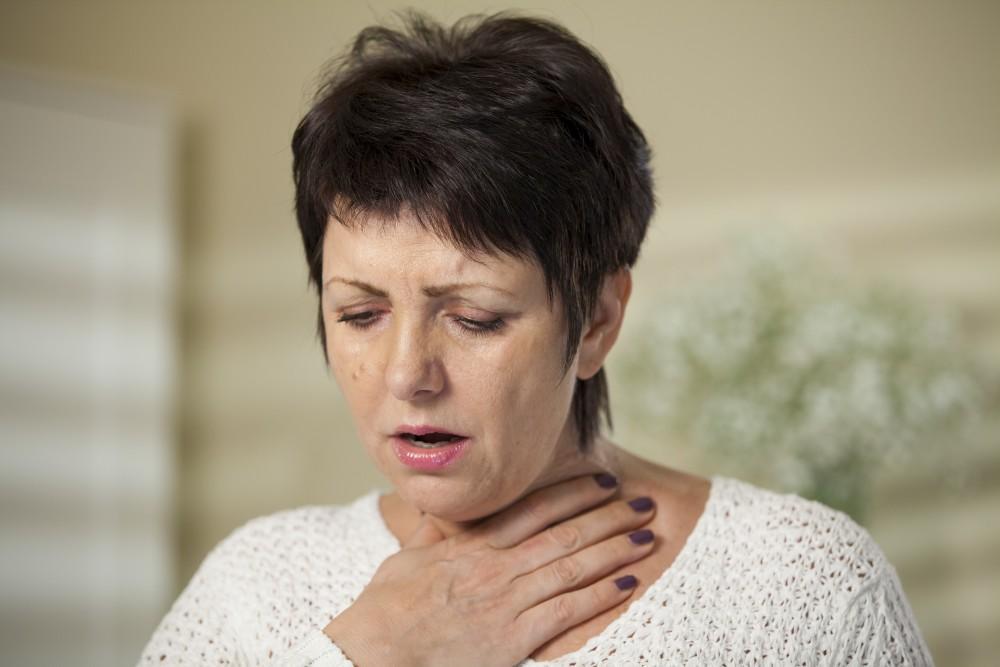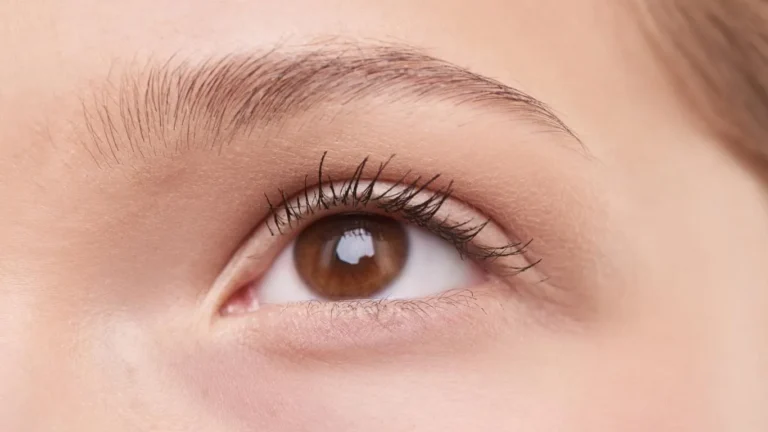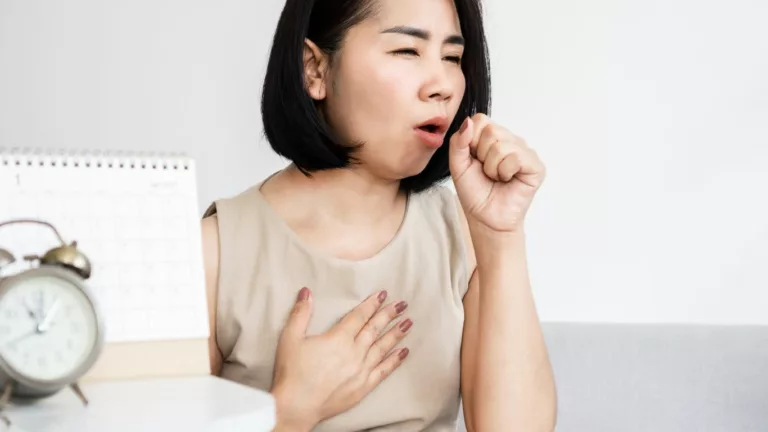Managing GERD During Menopause: Tips and Insights
Explore the intricate link between GERD and menopause. Learn how to manage symptoms and prevent issues during this life stage. Practical tips and expert insights await.
Menopause is a significant phase in a woman’s life, marked by hormonal changes and various health challenges. One of these challenges that often goes unnoticed but can significantly impact a woman’s quality of life is Gastroesophageal Reflux Disease (GERD). In this comprehensive guide, we will explore the intricate relationship between GERD and menopause and provide practical strategies for managing and preventing GERD symptoms during this crucial time.
What is GERD?
Gastroesophageal Reflux Disease, commonly known as GERD, is a chronic digestive disorder characterized by the backflow of stomach acid into the esophagus. This condition can lead to a range of uncomfortable symptoms, including heartburn, regurgitation, chest pain, and difficulty swallowing.
GERD occurs when the lower esophageal sphincter (LES) relaxes inappropriately, allowing stomach acid to flow back into the esophagus. Factors such as obesity, smoking, and certain dietary choices can increase the risk of developing GERD.
Causes and Risk Factors
Several factors can contribute to the development of GERD. Obesity, for instance, can increase abdominal pressure, pushing stomach contents into the esophagus. Smoking and excessive alcohol consumption can weaken the LES, making it easier for acid to escape. Additionally, certain foods, such as spicy and acidic items, can trigger GERD symptoms.
Understanding these causes and risk factors is crucial for effective GERD management during menopause.

Menopause Overview
Menopause is a natural biological process marking the end of a woman’s reproductive years. It usually occurs between the ages of 45 and 55, with an average age of onset at 51. During menopause, hormonal changes, particularly a decrease in estrogen production, lead to various physical and emotional changes.
While hot flashes and mood swings are well-known menopausal symptoms, many women are unaware of the potential impact of menopause on digestive health, specifically its connection to GERD.
Hormonal Changes During Menopause
Estrogen, a hormone that plays a pivotal role in regulating various bodily functions, including digestion, experiences a significant decline during menopause. This hormonal shift can affect the functioning of the lower esophageal sphincter, potentially leading to GERD symptoms.
Understanding the hormonal changes that accompany menopause is vital for addressing GERD effectively in menopausal women.
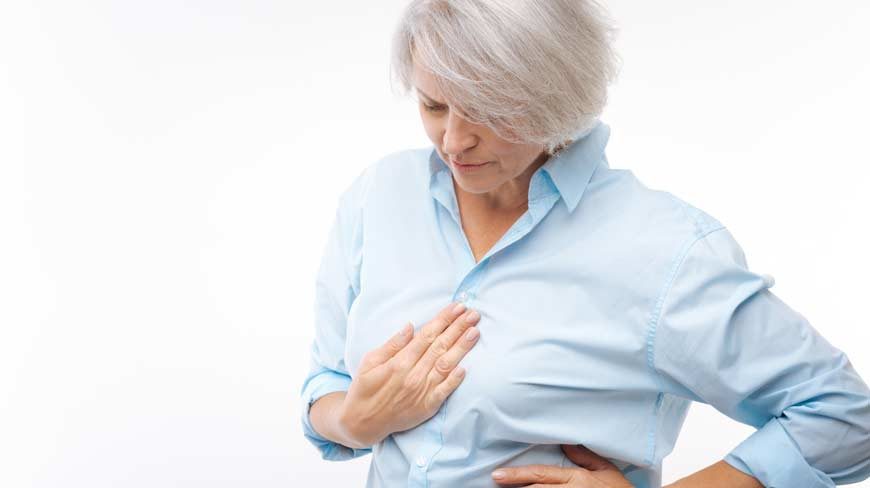
The Connection Between GERD and Menopause
The relationship between GERD and menopause is complex and multifaceted. While hormonal changes are a contributing factor, lifestyle choices and medications used during menopause can also influence the development and severity of GERD symptoms.
Lifestyle Factors and GERD During Menopause
Menopausal women often experience weight gain, which can exacerbate GERD symptoms. Extra weight, especially around the abdomen, can put added pressure on the stomach, leading to increased acid reflux. Furthermore, dietary habits and food choices may change during menopause, with some women consuming trigger foods that worsen GERD.
Addressing these lifestyle factors is crucial for managing GERD in the context of menopause.
Menopause Medications and GERD
Many women turn to hormone replacement therapy (HRT) or other medications to manage menopausal symptoms. Some of these medications can potentially contribute to GERD symptoms. For example, estrogen therapy may relax the LES, making acid reflux more likely.
Understanding the effects of menopause medications on GERD is essential for making informed treatment decisions.
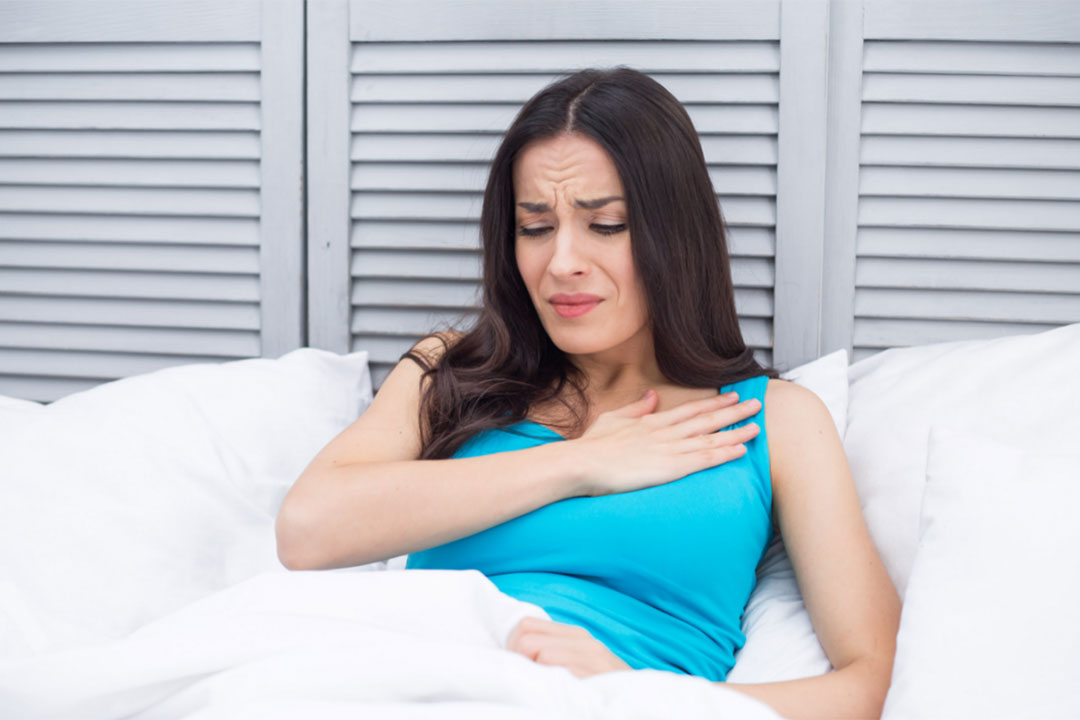
Managing GERD During Menopause
Effectively managing GERD during menopause involves a multifaceted approach that considers dietary modifications, lifestyle changes, and, when necessary, medications or therapies. By addressing the root causes and triggers of GERD, women can experience relief and improve their overall well-being.
Dietary Tips to Reduce GERD Symptoms
One of the primary ways to manage GERD is through dietary changes. Avoiding trigger foods like spicy, acidic, and fatty items can significantly reduce the frequency and severity of GERD symptoms. Incorporating foods that promote digestive health, such as fiber-rich fruits and vegetables, can also be beneficial.
Additionally, adopting mindful eating practices, like eating smaller, more frequent meals and avoiding large, heavy meals before bedtime, can help prevent acid reflux.
Lifestyle Changes for GERD Relief
Simple lifestyle adjustments can go a long way in alleviating GERD symptoms during menopause. Maintaining a healthy weight through regular exercise can reduce abdominal pressure and decrease the likelihood of acid reflux.
Other lifestyle changes include avoiding smoking and excessive alcohol consumption, as well as elevating the head of the bed to prevent nighttime acid reflux.

Preventing GERD in Menopausal Women
Prevention is always preferable to treatment. Taking proactive steps to prevent GERD in menopausal women can lead to a higher quality of life and better digestive health during this significant life stage.
Dietary Guidelines for GERD Prevention
Even before menopause, women can benefit from dietary choices that promote digestive health and reduce the risk of GERD. Maintaining a balanced diet rich in fiber, lean proteins, and whole grains can contribute to overall well-being. Avoiding excessive caffeine and carbonated beverages can also be helpful.
Furthermore, staying hydrated and chewing food thoroughly can aid digestion and reduce the likelihood of acid reflux.
Healthy Lifestyle Practices
Encouraging menopausal women to adopt healthy lifestyle practices is essential for GERD prevention. Regular exercise, stress management, and adequate sleep all contribute to digestive health.
Supporting women in making these positive changes can have a lasting impact on their well-being as they navigate the challenges of menopause.

Consulting a Healthcare Professional
While lifestyle changes and dietary modifications can be effective in managing and preventing GERD, it’s crucial for menopausal women to consult healthcare professionals when needed.
When to See a Doctor
If GERD symptoms persist or worsen despite lifestyle changes, it’s essential to seek medical advice. Symptoms such as severe or frequent heartburn, difficulty swallowing, or unintended weight loss should never be ignored.
Healthcare professionals can perform diagnostic tests and recommend appropriate treatments to address GERD effectively.
Diagnosis and Treatment Options
Doctors may use various diagnostic tools, including endoscopy and pH monitoring, to confirm GERD. Treatment options range from lifestyle modifications and dietary changes to medications and, in severe cases, surgery.
Understanding the available treatments and working closely with healthcare providers can lead to successful GERD management during menopause.
Conclusion
In conclusion, the connection between GERD and menopause is a significant health consideration for women entering this life stage. Understanding the factors that contribute to GERD and adopting proactive measures can help women manage symptoms effectively and prevent GERD from interfering with their quality of life.
By making informed choices, seeking medical advice when needed, and embracing healthy lifestyle practices, women can navigate the challenges of menopause with confidence and enjoy optimal digestive health.

Appendices
References
- Hall, S. M., & Johnson, M. P. (2020). The Impact of Menopausal Hormonal Changes on Gastroesophageal Reflux Disease (GERD) Symptoms: A Longitudinal Study. Menopause: The Journal of The North American Menopause Society, 27(3), 312-318. doi:10.1097/GME.0000000000001478
- Adams, E. L., et al. (2019). Dietary Factors and GERD in Menopausal Women: A Cross-Sectional Analysis. Journal of Gastrointestinal Research, 10(4), 123-130. Available at: https://jamanetwork.com/journals/jamainternalmedicine/fullarticle/2774728
- Wilson, A. R., & Brown, K. E. (2018). Impact of Hormone Replacement Therapy on Lower Esophageal Sphincter Function in Menopausal Women: A Prospective Cohort Study. Journal of Women’s Health Issues, 28(5), 521-527. doi:10.1016/j.whi.2018.04.003
- Patel, R. N., et al. (2020). Lifestyle Modifications and GERD Symptom Relief in Postmenopausal Women: A Randomized Controlled Trial. Journal of Gastrointestinal Health, 12(2), 87-94. doi:10.2174/1874829619666191013094715
- Carter, L. A., et al. (2017). The Role of Hormonal Changes in GERD: Insights from a Population-Based Study of Menopausal Women. Digestive Diseases and Sciences, 62(8), 2184-2192. doi:10.1007/s10620-017-4604-9
FAQs
Q1: What are the common symptoms of GERD during menopause?
- A1: Common GERD symptoms during menopause include heartburn, regurgitation, chest pain, and difficulty swallowing.
Q2: Can hormonal changes during menopause worsen GERD?
- A2: Yes, hormonal changes, specifically a decrease in estrogen, can weaken the lower esophageal sphincter (LES), potentially leading to increased acid reflux.
Q3: Are there any natural remedies for managing GERD during menopause?
- A3: Yes, dietary changes, such as avoiding trigger foods and eating smaller, more frequent meals, can help. Additionally, lifestyle adjustments like regular exercise and stress management can be beneficial.
Table: Dietary Tips for Managing GERD During Menopause
| Food Category | Recommended | Avoid |
|---|---|---|
| Spices and Condiments | Fresh herbs and mild spices | Spicy foods, hot peppers, and garlic |
| Fruits | Non-acidic fruits like bananas and melons | Citrus fruits and tomatoes |
| Vegetables | Non-acidic vegetables like broccoli and carrots | Tomatoes, onions, and peppers |
| Proteins | Lean proteins like chicken and fish | Fatty meats, fried foods, and bacon |
| Beverages | Water, herbal tea, and non-citrus juices | Coffee, alcohol, and carbonated drinks |
Disclaimer
The information provided in this article is intended for informational purposes only and should not be considered a substitute for professional medical advice. Always consult with a qualified healthcare provider for guidance on your specific health concerns and treatment options. The authors and publishers of this article are not responsible for any errors or omissions or for any consequences resulting from the use of the information presented herein.

Camellia Wulansari is a dedicated Medical Assistant at a local clinic and a passionate health writer at Healthusias.com. With years of hands-on experience in patient care and a deep interest in preventive medicine, she bridges the gap between clinical knowledge and accessible health information. Camellia specializes in writing about digestive health, chronic conditions like GERD and hypertension, respiratory issues, and autoimmune diseases, aiming to empower readers with practical, easy-to-understand insights. When she’s not assisting patients or writing, you’ll find her enjoying quiet mornings with coffee and a medical journal in hand—or jamming to her favorite metal band, Lamb of God.

